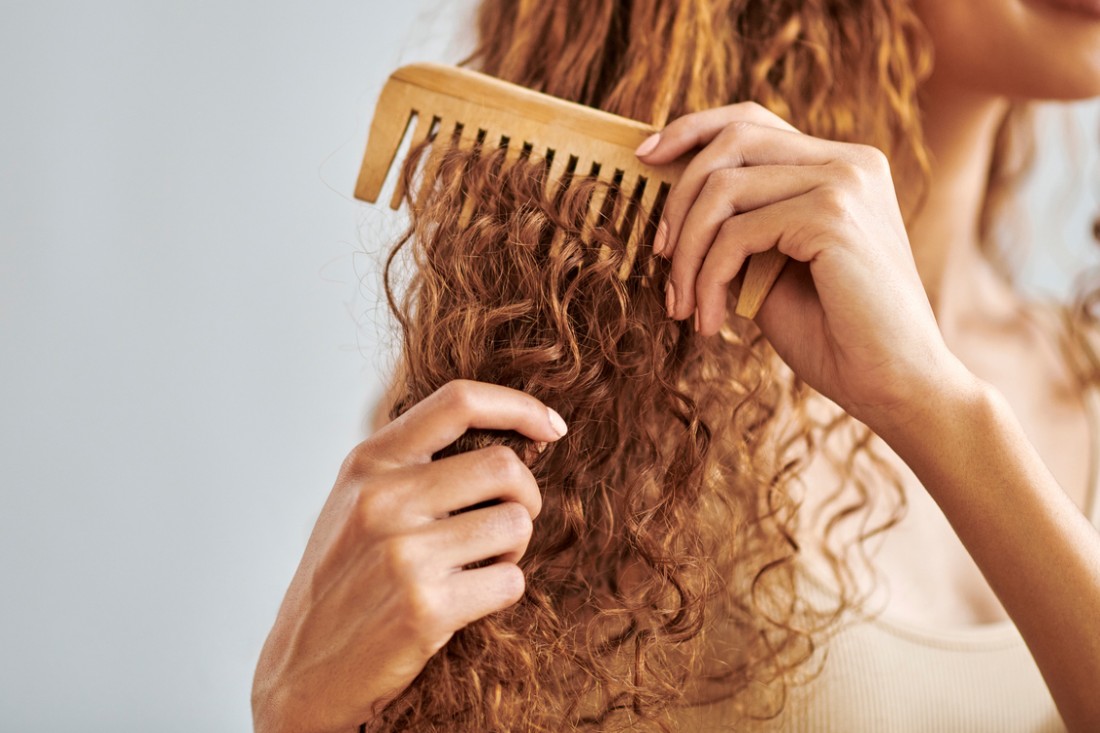Do Your Combs Break Easily? Here’s What Might Be Happening

Your luscious locks deserve all the love they can get. But are you using the right grooming accessories? Keeping hair untangled is the best way to keep its volume and vibrancy intact.
Yet, it seems that the world is divided among people who swear by combs and others who love brushes. If you’re making a transition to combs, brace yourself. Anti-combers will dissuade you with just about anything. Rest assured, combs do not damage hair. Instead, they’re super good for hair health!
But wait, are combs more prone to breaking? A thick-length slab with thin bristles might not look like the toughest thing around, but then again, people don’t use combs to detangle metal. So, to say that all combs don’t break easily would be an understatement. When some do, though, buyers can’t always blame product quality.
Top Reasons Combs Break
You’re Being Too Harsh
A ticking clock is no reason to be vengeful to your strands. While combing hair has a long list of benefits, using this haircare accessory as if your life depended on it is counterproductive. Most people tend to break combs when they’re short on time and desperate to walk out the door. Unusually fast motions and tangled hair make for a disastrous pairing. The next thing you know, a clump of hair wrapped around a few teeth ends up on the floor.
You’re Using the Wrong Type of Comb
Wavy and straight hair doesn’t require a special type of comb but very thick, curly hair is another story altogether. Buoyant locks come at a price, in that, only selective hair care tools are tough enough to handle them. A narrow-toothed comb simply doesn’t stand a chance.
You’re Combing Too Less
Is your hair up in a bun on most days and only detangled when you go out on the weekends? A yes to this question might also mean that you’re not a fan of combing. People who use combs on very tangled hair often end up breaking strands, and the poor comb itself is also a problem.
Perks of Using a Wide-tooth Comb
Wide-tooth combs are much more forgiving compared to normal ones. Since there’s more space between each bristle, users enjoy a plethora of amazing benefits. For one, detangling is much less painful, and hair fall and split ends are largely reduced. The reason why wide tooth combs are deemed the holy grail is that they don’t break hair.
Why Wooden Combs Rarely Every Break
When people complain about their combs breaking, it is mostly because they’re using plastic products. While wood isn’t indestructible, it’s certainly more durable than cheap synthetics. Besides being proof that combs don’t break easily, wooden varieties are great for various other reasons. They increase blood flow to the scalp and don’t tug at the roots. Since scalp health determines how shiny your strands will look, shifting to a wood comb can be a wonderful decision.
When Should You Use a Brush Instead?
While combs are preferred in most situations, a brush is far superior in terms of massaging the scalp and scraping off dandruff without irritating the scalp. That said, personal preference also matters and you should stick to whatever floats your boat!